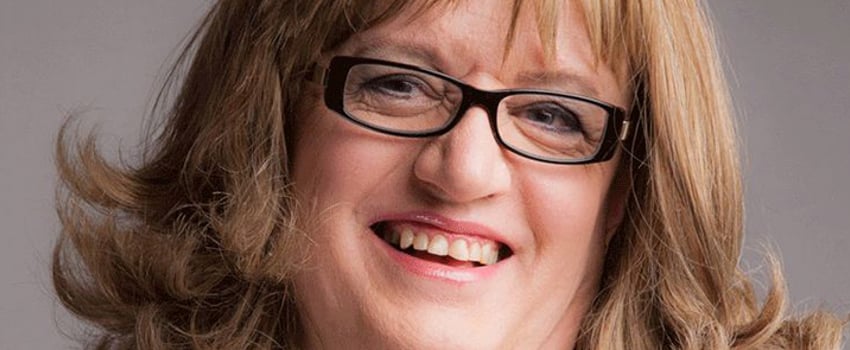Jane Clark
Principal Engineer, Babcock International Group
The importance of support
Jane Clark says that the support she received from her professional body, friends and from her employer helped her to find happiness.
I am an engineering physicist who happens to be a lesbian trans woman. Being transsexual is something I would not wish on my worst enemy. It is an absolutely dreadful condition, so awful that 30-40 per cent those seeking gender reassignment have attempted suicide, compared to 1.5% of the general population.
It leaves other victims: 90 per cent of spouses are unable to adapt to the gender-reassigned partner, and leave them. Undergoing gender reassignment does relieve most of the distress. Of those trans women who undergo gender reassignment surgery, satisfaction rates are around 97%, which is much higher than satisfaction rates for knee and hip replacements.
Comfortably loving life
On the other hand being lesbian is like being left-handed. I am left-handed, and quite happy about it. So it is with being lesbian. I am quite comfortable about it, but have to be careful because some people react badly to the idea. Why is it important to me? I want a love life, as do most other people.
Pre-transition the main challenge was that I found it extremely distressing to be expected to behave as a male in any social environment, including the workplace. Looking back, I can see that the stress worsened as time passed.
I eventually went self-employed and worked from home to avoid having to socialise. In the end I could not even tolerate that, and the dam behind which I was hiding all this pain burst. Had I not switched to living as a woman, I am sure I would have gone mad.
A painful road to happiness
Immediately post transition, I had to face the reaction of my customers. Most of them were fine about it, but in fact the work was drying up because of the financial crash. I got a job in a large firm in the defence industry. This required security clearance. Pre-transition, when I was deeply closeted, I did not dare apply for security clearance because I would have faced the disagreeable choice of lying or outing myself.
I left university in the 1980s, a much less tolerant era than today. I really wanted to be a teacher, but schools back then would not usually have tolerated a transsexual teacher. So my gender difficulties seriously constrained my career choices.
Support matters
My professional Institution, the Institute of Physics, were great about it all. My employer is good too. They provided all the 'mechanical' help I needed - time off for treatment etc. But one of my motives for taking part in the establishment of Pride in Babcock is that there was no-one to ask for emotional support.
I want to do my bit to make sure that LGBT+ colleagues get the extra emotional support they need to deal with real and feared stigma. The transgender ones also need emotional help to deal with the treatment - hair removal and surgery are scary and uncomfortable. The NHS waiting lists are out of control. I had to wait three years for surgery. The wait is now nearer four years. As is all too evident from the posts on support groups, the delay causes huge distress.
One piece of advice? Find like-minded friends. In these days of the internet this is much easier than when I was young.














